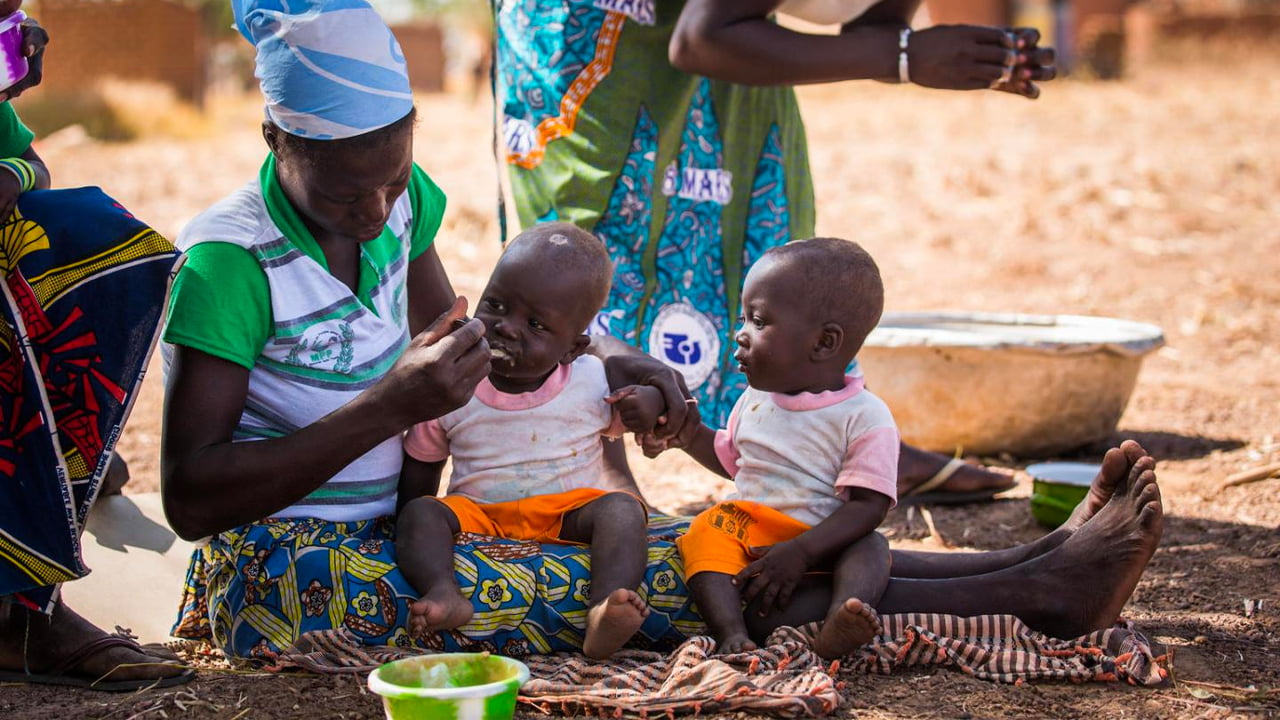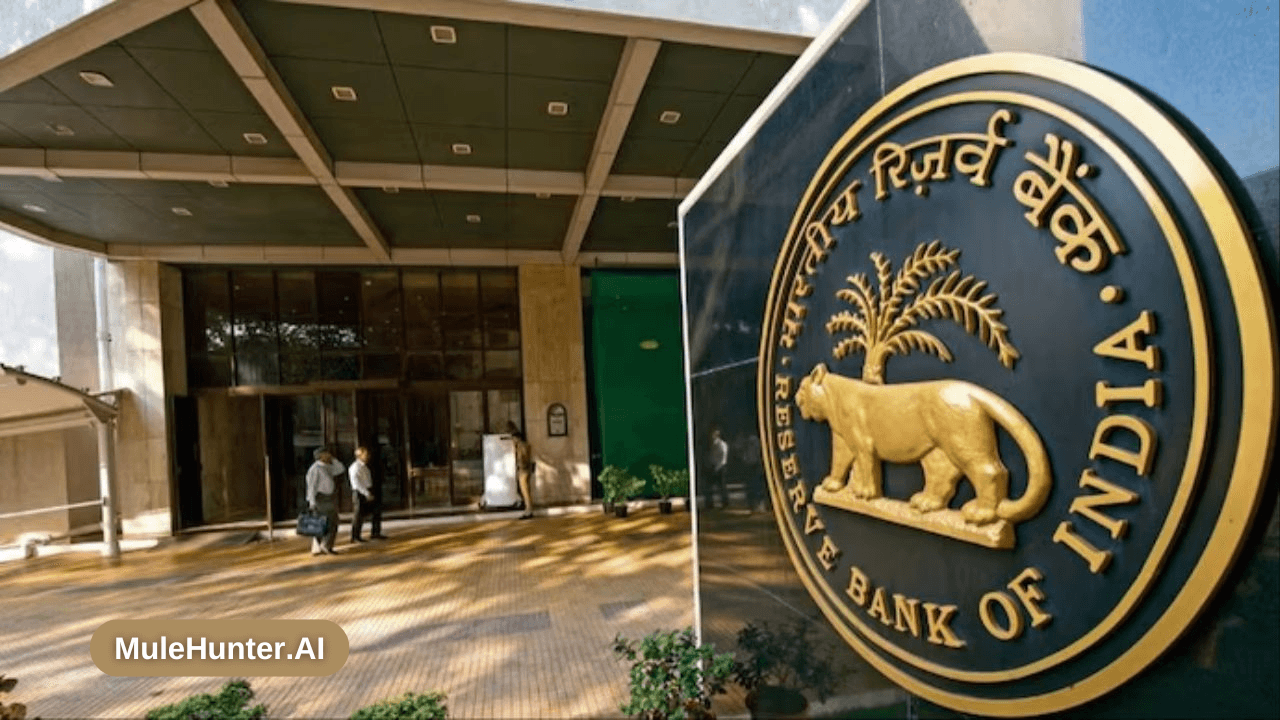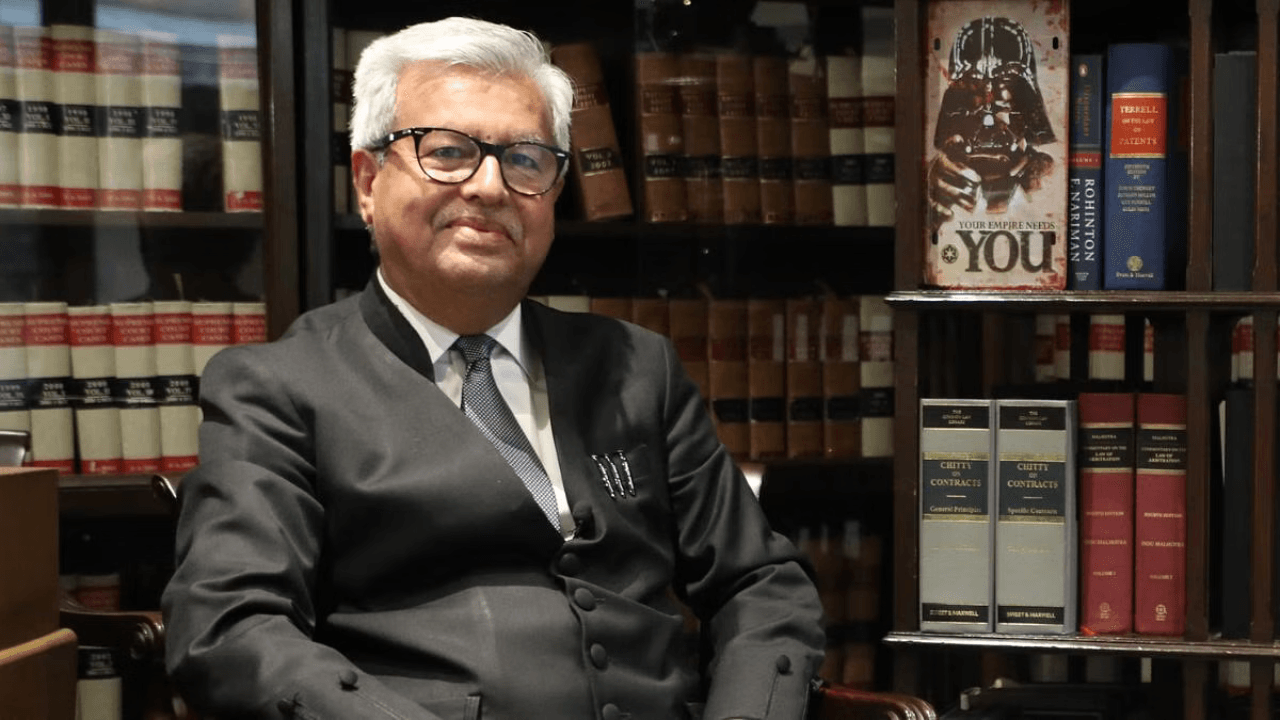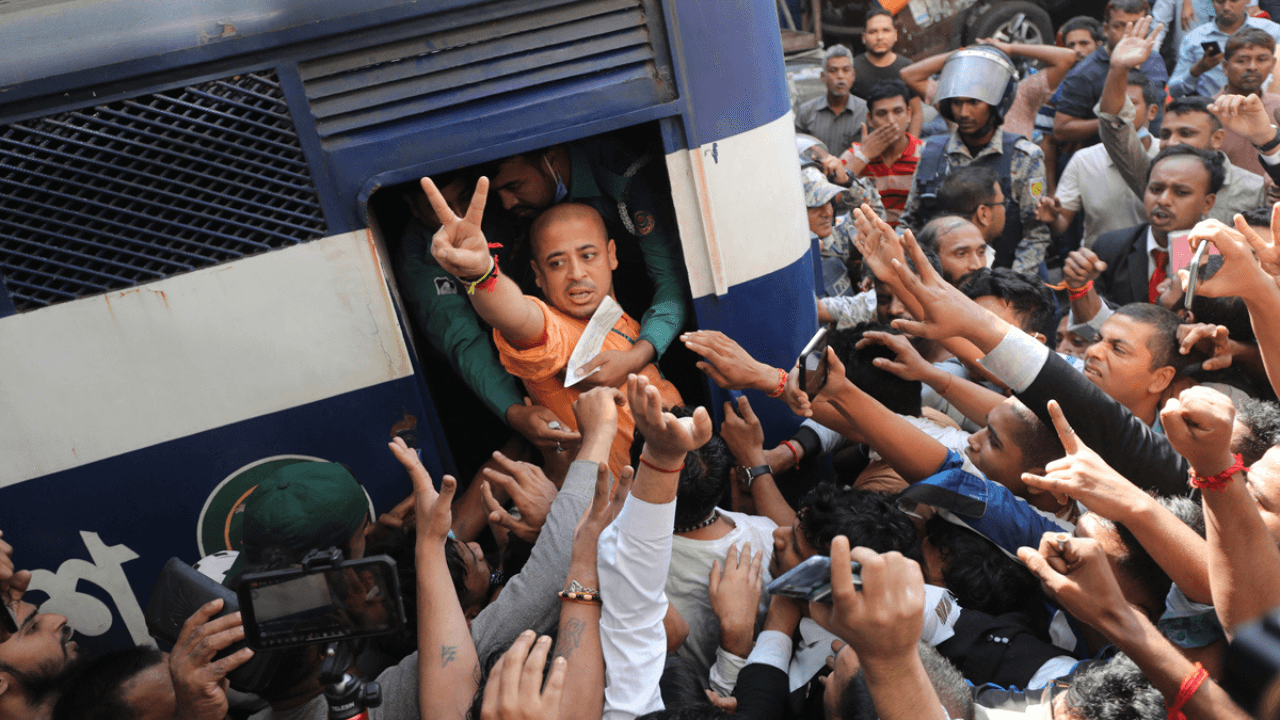The United Nations disclosed that an unprecedented 49.5 million individuals across West and Central Africa are anticipated to grapple with severe hunger in the coming year. This surge is attributed to a perilous blend of escalating conflicts, adverse climate shifts, and soaring food prices, as indicated by a fresh regional food security assessment jointly released by the UN World Food Programme (WFP) and other humanitarian bodies.
The latest figures depict a staggering 4% increase from 2023. Coastal nations are poised to witness a surge in acute hunger, with an estimated 6.2 million individuals expected to face dire food shortages in 2024, marking a distressing 16% rise from the current year’s statistics.
Margot Vandervelden, acting regional director for Western Africa at the WFP, underscored the acute levels of hunger prevalent in the region while expressing concern over the insufficient funding hindering adequate responses. She highlighted the risk faced by those moderately hungry, who may resort to skipping meals or consuming less nutritious food, ultimately plunging back into crisis or emergency phases, perpetuating the cycle of hunger and malnutrition.
A disconcerting revelation from the analysis is that over two-thirds of households in West and Central Africa lack the financial means to afford healthy diets. Particularly in the central Sahel countries such as Burkina Faso, Mali, and Niger, the cost of a daily nutritious diet surpasses the daily minimum wage by a staggering 110%.
The plight exacerbates in Sahel countries, grappling with an Islamist insurgency that has forcibly displaced approximately four million people from their homes and farmlands. Concurrently, the Democratic Republic of Congo is embroiled in multiple conflicts that have displaced nearly seven million individuals.
The crisis in the Sahel has forced many to seek refuge in neighbouring coastal countries like Ivory Coast, Togo, and Ghana, with the latter experiencing its most severe economic crisis in decades. Ollo Sib, a senior research adviser for the WFP, emphasised that almost 80% of those grappling with food insecurity reside in conflict-ridden areas, underscoring the severity of the situation.
Sib issued a stark warning, highlighting that without immediate intervention, the situation could deteriorate further, especially in certain areas where over 2.6 million people teeter on the brink of famine. The pressing need for assistance and resources to avert this impending humanitarian catastrophe in the region is now more critical than ever before.












